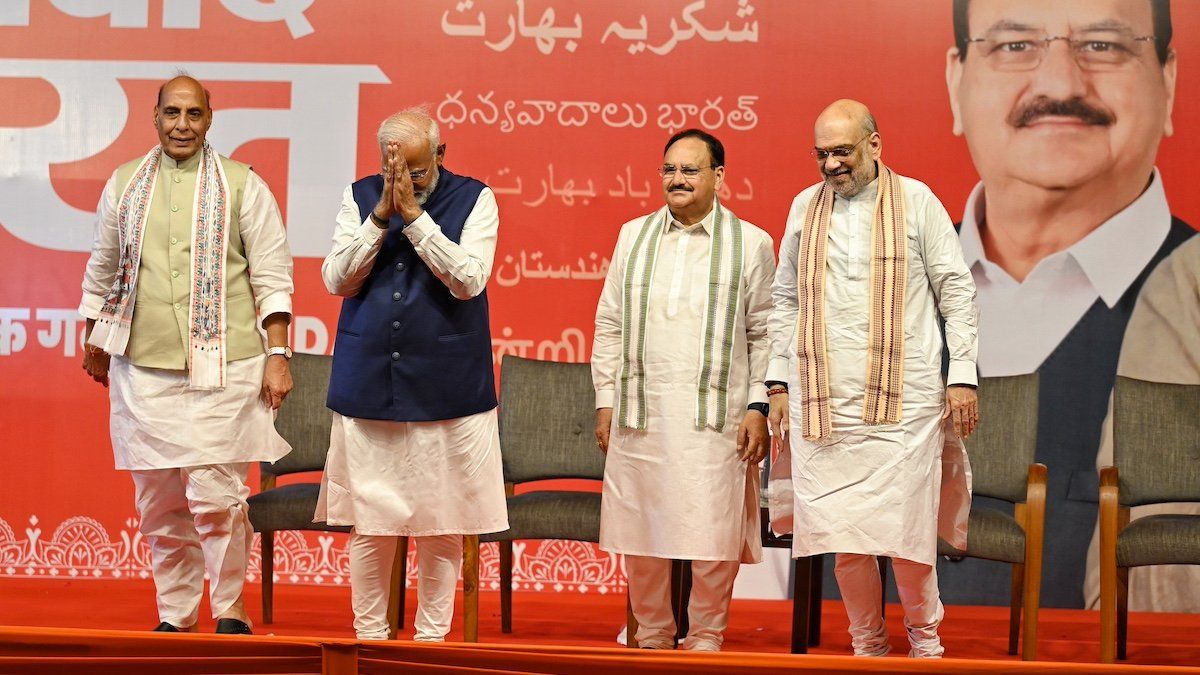Indian PM Narendra Modi still got more votes than any democratically elected leader in history (winning an election in a billion-strong country will do that). But his Bharatiya Janata Party suffered a humbling setback, losing nearly 60 seats and failing to secure an outright majority for the first time since coming to power in 2014. At last count, the Party of Modi had 240 seats out of 543.
Why did support slip for a popular leader credited with making India the world’s fastest-growing major economy and a leading voice of the Global South? Perhaps, after a decade in power, there was Modi fatigue. Maybe Modi’s polarizing Hindu-nationalist rhetoric didn’t play as well as he’d hoped. And give credit to the opposition alliance – led by the long-struggling Indian National Congress – which exceeded expectations (and polls) by capitalizing on widespread frustrations about inflation and unemployment.
What next? The BJP is still the legislature’s largest party, but it will need smaller and regional parties to form a government. That may mean slower progress on key but difficult reforms – to land ownership, labor laws, and tariffs – that are part of Modi’s dream of making India a global manufacturing powerhouse.
The biggest questions: Can Modi, a strongman-curious leader used to having his way, learn to be a team player? Can a once-powerful Congress party, which has been in the wilderness for a decade, turn this moment into a new lease on life?